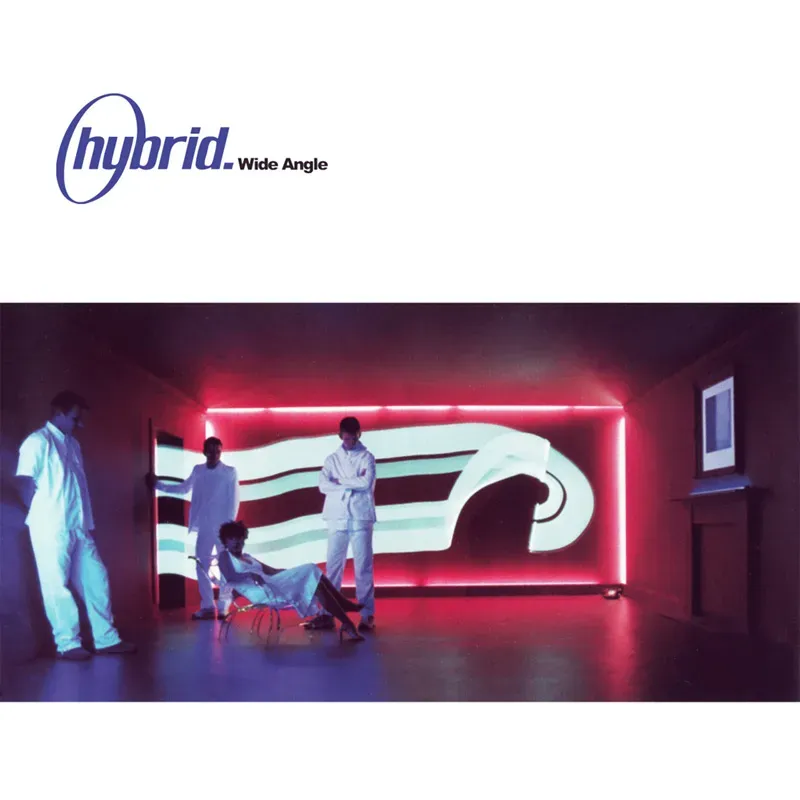Hybrid — Wide angle. Story behind best progressive breaks album of the 90s

The creators of Hybrid (Mike Truman and Chris Healings) met during the decline of the British rave scene in 1993. Chris was a resident at a club and Mike brought him his bootleg to listen to; he worked as a sound engineer in a London studio with very expensive equipment. It soon became clear that they had many records in common. They joined forces and, at night, when no one was in the studio, they created free remixes for the Distinctive label where they later released their debut album Wide Angle. On week nights, they developed their music; on Saturday, they premiered the results at the club. They had been doing this for several years to refine their style.
In the end, they got tired of pop house variations and, inspired by the booming progressive breakbeat movement, began to move towards a hard, melodic, less poppy and more musical mix. They thought about combining different styles and live instruments. A true hybrid. Here everyone’s interests were present: Chris loved house, Truman loved hip hop, and together they loved film music. Wide Angle, with the name hinting


